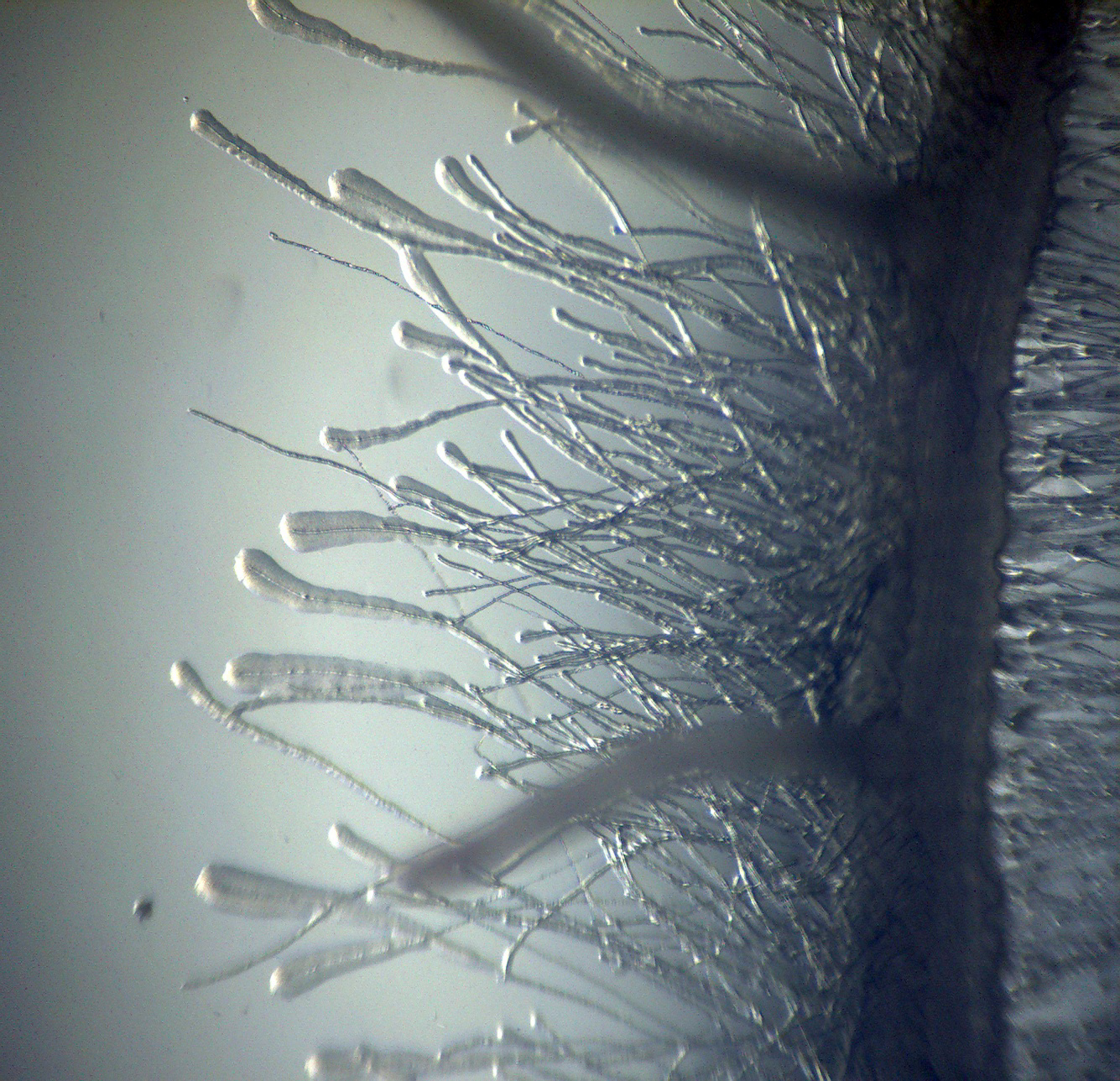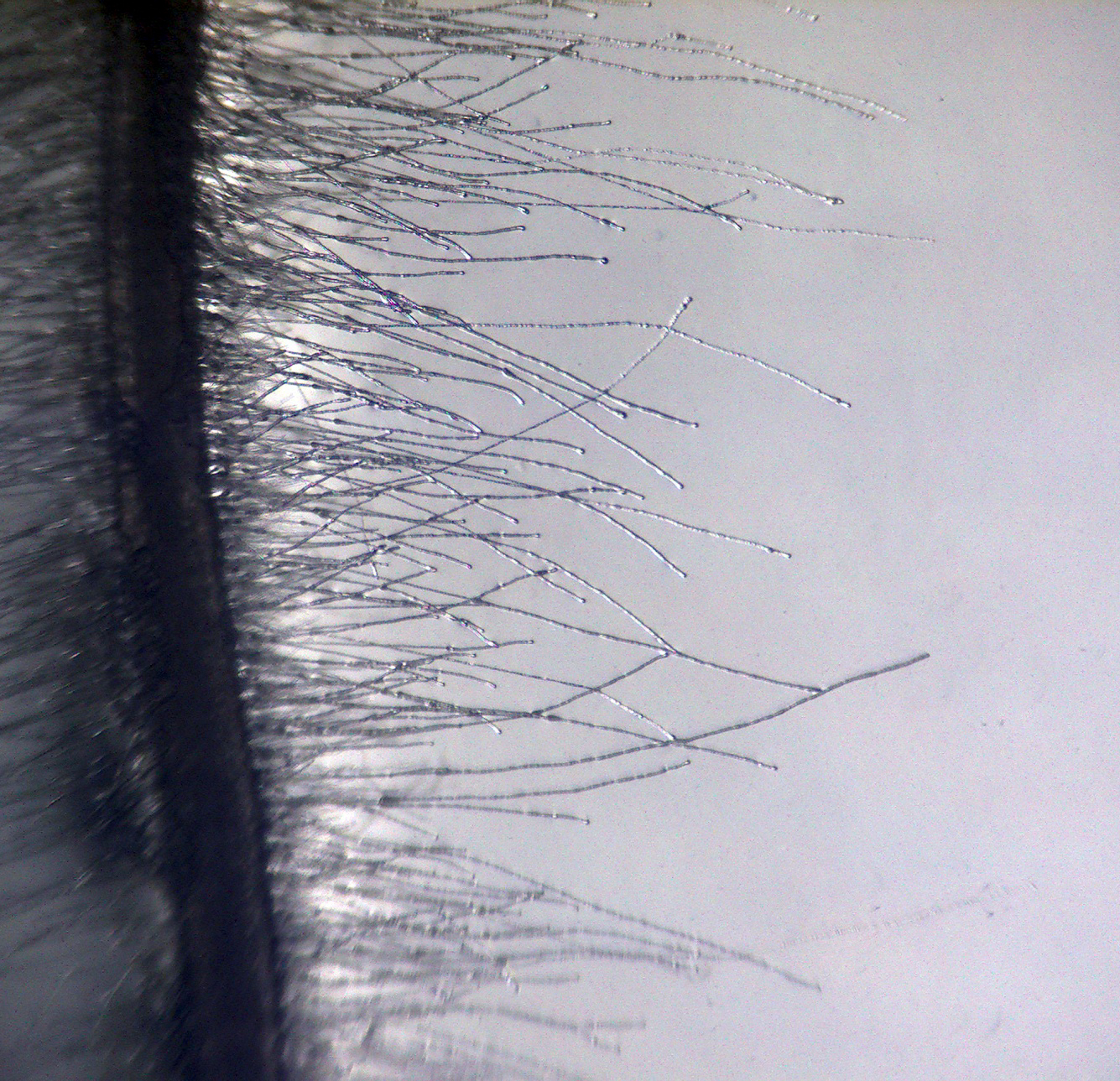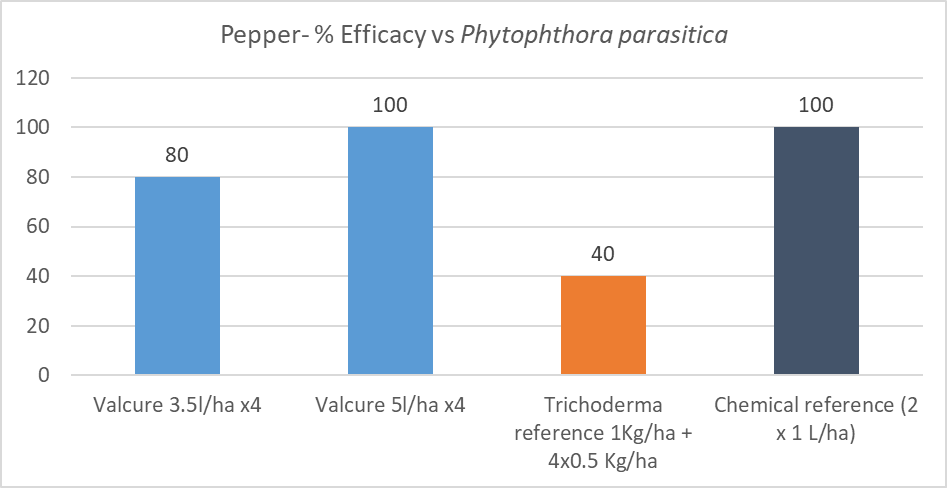Sustainable solutions in fruit and vegetable production
The European Green Deal and the Farm To Fork strategy bring new challenges for those involved in crop protection of both conventional and organic food production, and highlights the continuing need for new, sustainable solutions.
Authors: Maria J. Zanón- Project Manager Certis Belchim Europe
David Rubio- Portfolio Manager Certis Belchim Spain
The European Green Deal and the Farm To Fork strategy establish a number of goals for 2030 in relation to sustainable food production. Among those targets is a 50% reduction in the use of chemical plant protection products and the growth of organic farming production in the EU to reach 25% of the total.
This brings new challenges for those involved in crop protection of both conventional and organic food production, and highlights the continuing need for new, sustainable solutions.
Certis Belchim B.V. has, over many years, developed a range of Biorational Plant Protection Products registered at EU and country level. These products of natural origin have organic certification which permits their use for the effective control of pests and diseases in organic as well as conventional crop production. The company now has a portfolio of more than 22 well-known brands of natural fungicides, bactericides, insecticides, acaricides, molluscicides and nematicides, providing crop protection solutions consistent with the sustainability aims of the new strategies and meeting safety requirements for humans and the environment.
The company’s project, “Growing For The Future” (G4TF), was developed to provide complete crop program solutions and technical support to growers, enabling them to respond to the demands of the food chain and consumers for food safety and sustainability. The programs, derived from Integrated Pest Management and improved with biocontrol, offer protection for a wide range of 100% organic fruit and vegetable crops, as well as 100% residue-free produce using conventional products.
A further initiative, has been the introduction of training workshops, branded the “Growing Academy”, whose main objective is to facilitate the transfer of technology and knowledge on the use of Biorational products and other topics. Certis Belchim staff, supported by contributions from University and R&D institution experts, share their knowledge relating to the applied science for the use of microorganisms with advisors, technicians and growers involved in crop production.
An example of an effective natural soil fungicide
In recent years many chemical active ingredients for soil disinfection and others with soil fungicide effect have already been banned. Certis Belchim has responded with the development of Biorational solutions for the control of soil diseases in a sustainable and integrated way, totally aligned with European policies.
One example of such a Biorational solution is Valcure, a wide spectrum fungicide, based on Bacillus amyloliquefaciens spp. plantarum D747 strain,for soil disease control. The product is formulated as a 5% liquid concentration (LC) containing 1 x 10^10 CFU/g to be applied through the irrigation systems and shows efficacy against the most important soil-borne fungi.
The spectrum of Valcure includes effects versus Phytophthora spp., Fusarium spp., Sclerotinia spp., Rhizoctonia spp., Pythium spp. and Phoma spp. It can be applied in the main fruiting vegetables such as cucurbits, Solanaceae, lettuce and similar, strawberry, potato, ornamentals and many other crops.
The D747 strain is specifically formulated to be active at root level, using a high concentration of vegetative cells, which are responsible for root colonization


Figure 1. Root colonization of Valcure (left) vs Control (right) on pepper plants
In addition, Valcure has other modes of action, including the formation of a physical barrier against infections, the release of lipopeptides with fungicidal activity, the induction of systemic resistance to pathogens and plant growth promotion as a rhizobacterium. These multiple modes of action have been well identified and reported after application, making Valcure a low-risk product in terms of the potential for the development of resistance. It offers further advantages alongside the effective disease control it achieves because, as a biorational, it is safe for the environment and can be used in organic farming without residues and in combined strategies with other products.
Trial results
The following trial was conducted in a pepper crop in greenhouse conditions, located in Campo de Cartagena (Murcia, Spain) in a clay-loam soil typology. With the use of Valcure we achieved effective control of Phytophthora nicotianae var. parasitica. This soil disease is one of the main pathogens that affect Solanacea crops in greenhouse production in the Southeast of Spain and can be extremely damaging.

Figure 2. Efficacy vs Phytophthora parasitica
The results showed a clear dose effect achieving great efficacy, in line with the chemical reference and much better than the reference biological solution based on Trichoderma spp. The product was applied four times at weekly intervals from the time of transplant.
It is clear from these results that Valcure provides good control of soil diseases thanks to its unique combination of different modes of action. It offers efficacy and sustainability in total alignment with EU policies.
Complete solutions
Going beyond the traditional trading practices for plant protection products and working closely with growers and producers to develop new crop programs, Certis Belchim provides complete solutions that achieve the objectives of the EU Commission’s “Farm to Fork strategy” and meet the demands of consumers and retailers. Through innovation, its ultimate goal is to achieve top quality production with profitability for the farmer and guaranteed food safety for the consumer.
